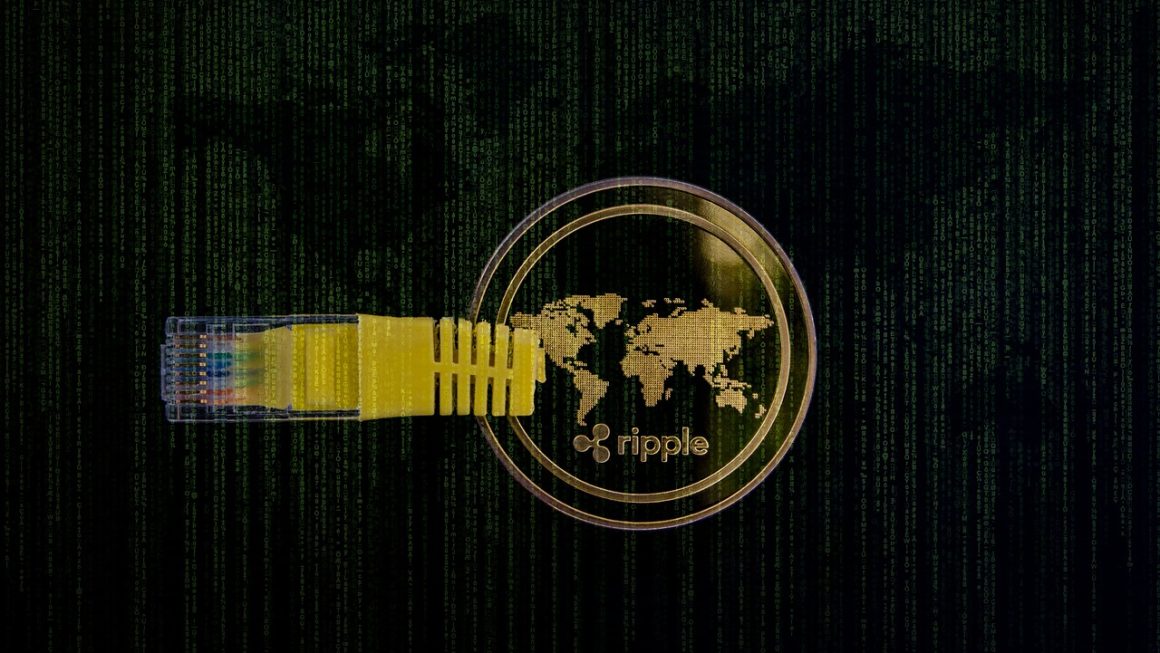Blockchain: Unveiling the Benefits that Revolutionize Industries
The concept of blockchain has taken the world by storm, promising a transformative impact across various sectors. This decentralized, distributed ledger technology offers unparalleled advantages that are reshaping the way we interact with data, transactions, and digital assets. In this comprehensive guide, we will delve into the multifaceted benefits of blockchain, exploring its key features and practical applications.
Enhanced Security and immutability
- Indestructible Records: Blockchain’s distributed nature ensures that data is stored across multiple nodes, making it virtually impossible to alter or corrupt. This immutable record-keeping mechanism provides a secure foundation for sensitive data and transactions.
- Tamper-Proof: Each block in the blockchain contains a cryptographic hash of the previous block, creating an unbreakable chain of records. Any attempt to modify a block would invalidate the entire chain, effectively preventing tampering.
Transparency and Traceability
- Open and Verifiable: Blockchain transactions are recorded on a public ledger, accessible to all participants. This transparency promotes accountability, ensures that all parties can verify agreements, and reduces the risk of fraud.
- Provenance and Lineage: The immutability and traceability of blockchain make it ideal for tracking the origin and history of products throughout supply chains. This provides consumers with greater confidence in the authenticity and quality of goods.
Efficiency and Cost Savings
- Automation: Smart contracts, self-executing agreements stored on the blockchain, automate processes, reducing manual labor, eliminating errors, and streamlining operations.
- Reduced Intermediaries: Blockchain eliminates the need for intermediaries, such as banks or clearinghouses, simplifying transactions, lowering costs, and speeding up processes.
- Enhanced Supply Chain Management: By providing a single, shared source of truth, blockchain improves communication and collaboration among supply chain participants, leading to reduced lead times and optimized inventory management.
Trust and Accountability
- Decentralization: Blockchain operates on a decentralized network, eliminating single points of failure and reducing the risk of censorship or manipulation by any single entity.
- Consensus Mechanisms: Proof-of-Work and Proof-of-Stake consensus mechanisms ensure that only validated transactions are added to the blockchain, fostering trust among participants.
Practical Applications
- Digital Identity and Voting: Blockchain can securely store and manage digital identities, reducing fraud in online transactions and enhancing the security of electronic voting systems.
- Cryptocurrency and Finance: Bitcoin and other cryptocurrencies are built on blockchain, providing a secure and transparent alternative to traditional financial systems.
- Healthcare and Medical Records: Blockchain can safeguard patient data, streamline clinical trials, and improve the efficiency of healthcare supply chains.
- Supply Chain Management:* Blockchain enables real-time tracking of goods, providing transparency and accountability throughout the supply chain, from raw materials to end consumers.
Conclusion
Blockchain technology has emerged as a game-changer, offering a myriad of benefits that are reshaping industries and transforming the way we conduct transactions and interact with data. Its immutability, transparency, efficiency, and enhanced trust have the potential to revolutionize sectors ranging from finance to healthcare, supply chain management, and beyond. As blockchain continues to evolve and new applications are discovered, its impact is bound to extend even further, shaping the future of digital interactions and empowering individuals and businesses alike.


